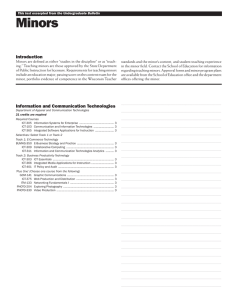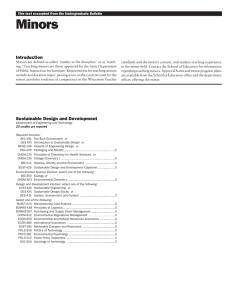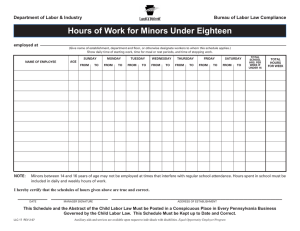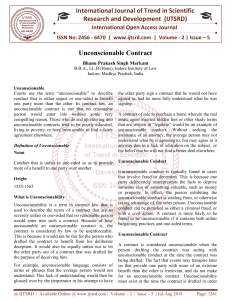Business Law Chapter 5 Study Guide
advertisement
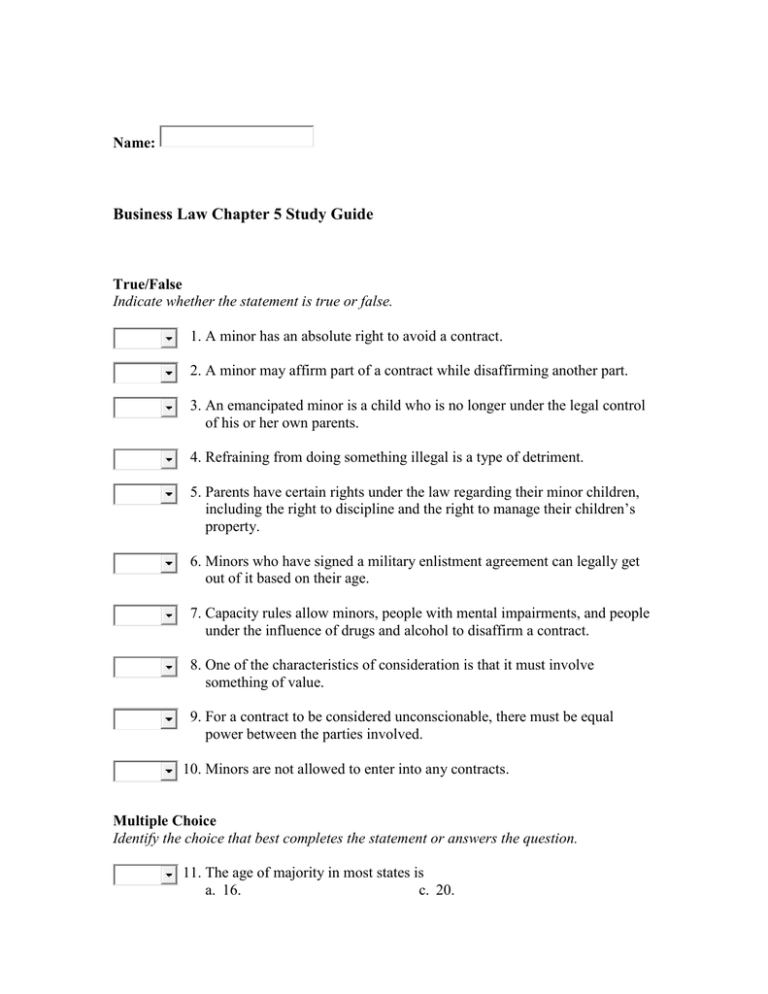
Name: Business Law Chapter 5 Study Guide True/False Indicate whether the statement is true or false. 1. A minor has an absolute right to avoid a contract. 2. A minor may affirm part of a contract while disaffirming another part. 3. An emancipated minor is a child who is no longer under the legal control of his or her own parents. 4. Refraining from doing something illegal is a type of detriment. 5. Parents have certain rights under the law regarding their minor children, including the right to discipline and the right to manage their children’s property. 6. Minors who have signed a military enlistment agreement can legally get out of it based on their age. 7. Capacity rules allow minors, people with mental impairments, and people under the influence of drugs and alcohol to disaffirm a contract. 8. One of the characteristics of consideration is that it must involve something of value. 9. For a contract to be considered unconscionable, there must be equal power between the parties involved. 10. Minors are not allowed to enter into any contracts. Multiple Choice Identify the choice that best completes the statement or answers the question. 11. The age of majority in most states is a. 16. c. 20. b. 18. d. 21. 12. A minor who claims to be over the age of majority commits a. fraud. c. extortion. b. misrepresentation. d. larceny by false pretenses. 13. When a minor disaffirms a contract, the merchandise received upon entering the contract should be a. undamaged. c. paid for. b. returned. d. ratified. 14. A minor is held responsible for the fair value of a. athletic shoes. c. medical care. b. CDs. d. video games. 15. When a guardian is appointed by the court for a mentally impaired person, that person’s contracts are then declared a. voidable. c. void. b. binding. d. disaffirmed. 16. Giving up something that one has a legal right to do is a type of a. benefit. c. detriment. b. forbearance. d. obligation. 17. A court may refuse to enforce a contract that it finds a. fair. c. inadequate. b. illusory. d. unconscionable. 18. Contracts that must be in writing include those contracts a. involving minors. b. that require more than a year to perform. c. for all sale of goods. d. involving motor vehicles. 19. The best evidence rule requires that a. the original written agreement be used as evidence in court. b. evidence of oral contracts cannot be presented in court. c. all parties understand real-world rules. d. all contracts over $500 be in writing. 20. A promissory estoppel is an example of an exception to the requirement of a. legality. c. the statute of limitations. b. consideration. d. capacity. Completion Complete each statement. 21. After reaching the age of majority, a person may ____________________ a contract made during minority by using, selling, or keeping the item, or by making payments. 22. Contracts made by a mentally ill person who has been declared insane by a court action are ____________________. 23. The ____________________ rule says that a written contract should contain everything that was agreed upon between the parties. 24. Consideration is the exchange of ____________________ and detriments by the parties to an agreement. 25. A contract in which one party has much more power than another is considered ____________________. 26. Minors must understand that driving is a(n) ____________________, not a right, and it must be earned. 27. Charging more than the maximum legal interest rate is called ____________________. 28. Blake and Philip decide to legally settle their contractual dispute by having Blake accept as full payment $100 less than the amount in the original contract. This is called ___________________. 29. For valid ____________________, each party must give up something in order to get something in exchange. Matching Match each term with its definition. a. capacity f. b. disaffirm g. c. forbearance h. d. consideration i. e. unconscionable contract j. adhesion contract ratification promissory estoppel Statute of Frauds illegality 30. The act of agreeing to go along with a contract that could have been voided 31. When the consideration is so out of line that it shocks the court 32. A take-it-or-leave-it offer 33. Legal ability to enter a contract 34. Can destroy an otherwise valid contract 35. The principle that a promise made without consideration my be enforced to prevent injustice 36. A state law that requires certain laws be in writing 37. Not doing what you have the right to do 38. To show the intent not to live up to a contract 39. The exchange of benefits and detriments by the parties to the contract Short Answer 40. Describe three of the four types of consideration mentioned in Chapter 5. Discuss two ways some agreements are valid even without consideration.

